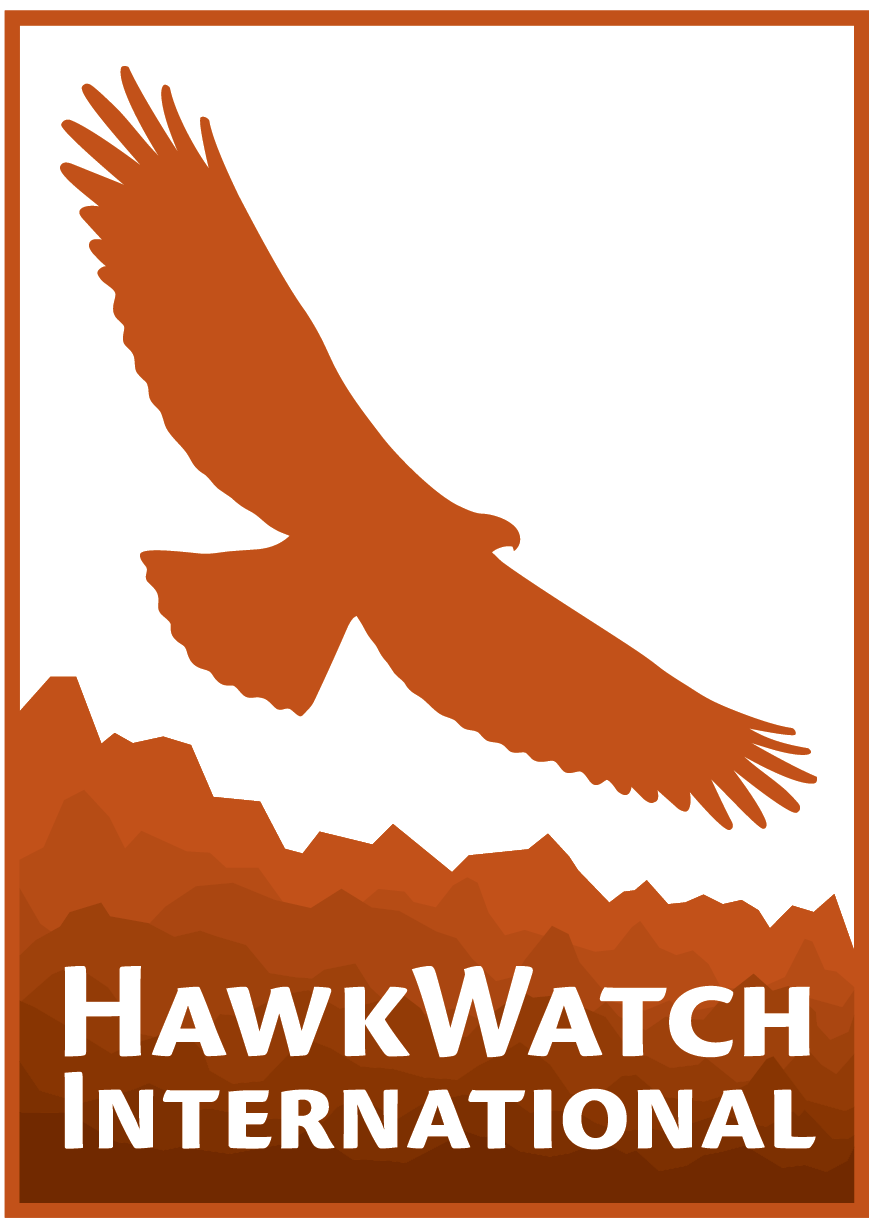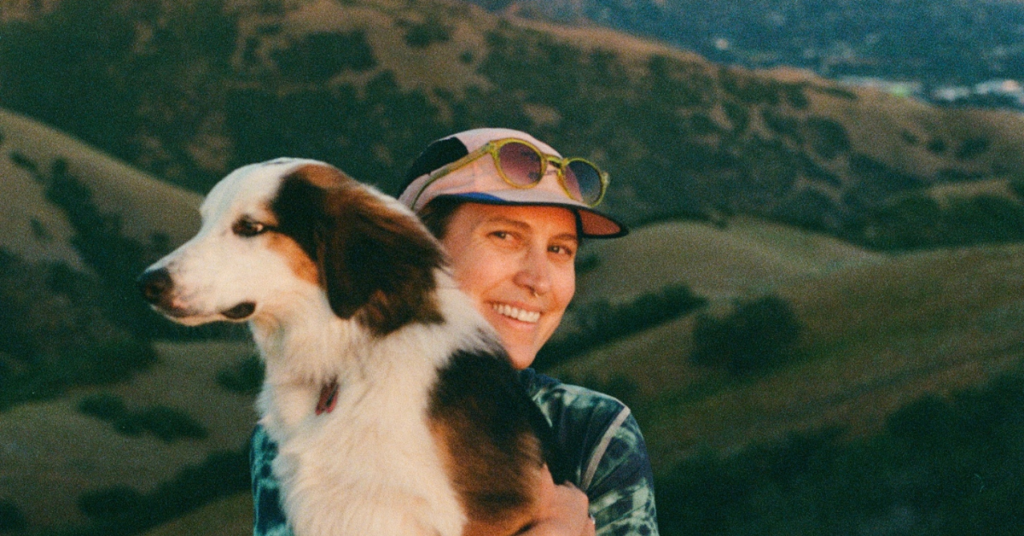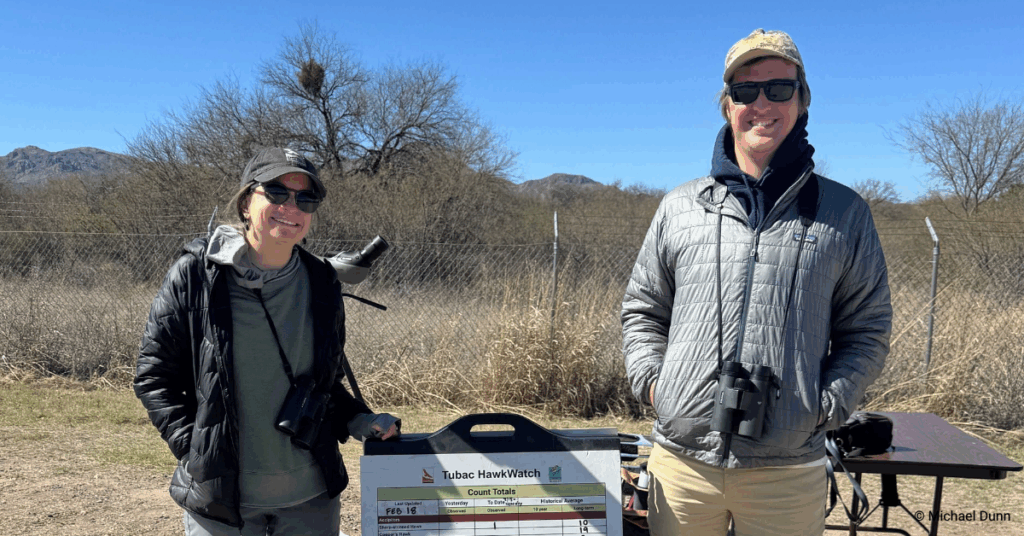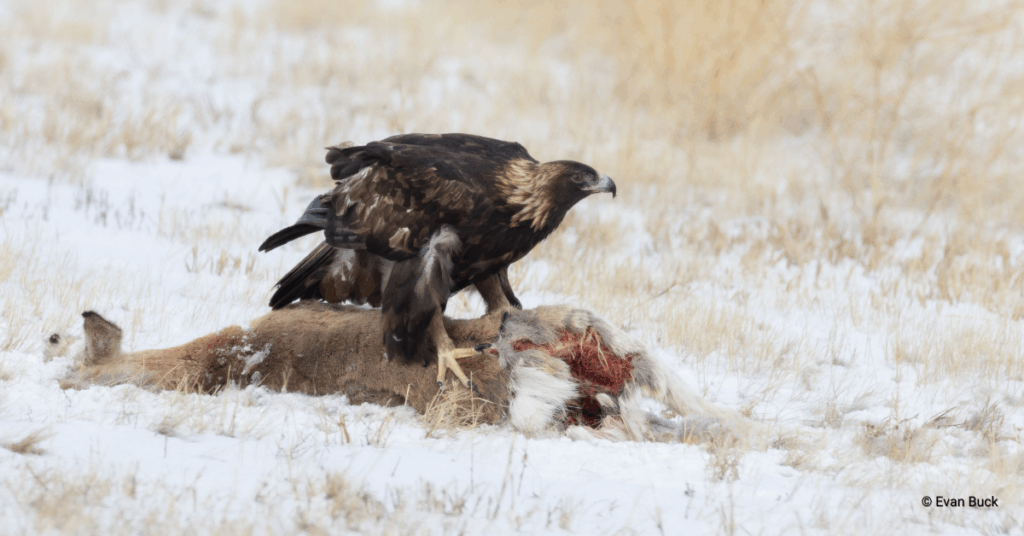WARNING: This blog contains images of dead wildlife.
West African markets are vibrant and full of life, with an exciting mix of sights, sounds, and smells. People from diverse cultures come together to buy and sell goods, and exchange stories. You can find nearly anything, from fresh fruits and household items to colorful textiles and handmade crafts, and even live animals!
In Benin, some markets, known as “fetish” or “Vodun” markets, specialise in wildlife products. These products include skins, feathers, bones, and dried reptile, mammal, and bird carcasses. Live animals, often tethered or kept in makeshift cages, are also commonly available. These goods are used in belief-based practices, where animal parts or talismans are thought to cure illnesses or bring good fortune. Some markets, like Gbèdagba in Abomey and Avogbana in Bohicon, specialize exclusively in animal products, while others feature fetish goods alongside everyday items.
Birds, including resident and migratory raptors, many of which are endangered, make up a significant portion of the trade. Only now is the true scale of this trade coming to light.
We first learned about Abiola Chaffra’s work in 2023 when he applied for HawkWatch International’s (HWI) Global Raptor Research and Conservation Grant (GRRCG) for his research documenting the trade of Hooded Vultures in Benin’s fetish markets. Abiola, who works part-time at the University of Abomey-Calavi in mapping, biodiversity management, and laboratory courses, is deeply passionate about birds. This passion has led him to pursue various self-initiated conservation projects supported by organizations like the International Bird Conservation Partnership (IBCP) and HWI.

“I first noticed the problem in 2002 when I was a child,” Abiola recalls. “I saw live parrots, chameleons, and vultures for sale at the Bohicon market. From then on, every time I passed the market I went to see the birds in cages because it was pretty to see, but I felt sorry for them. So one day, out of curiosity, I asked the price of a parrot. It was 7000 CFA (today about $11). I bought the parrot and wanted to keep it, but when my mother saw it, she hit me and freed the bird. Perhaps that was my first lesson. Back then, I didn’t realize the harm these markets caused. It wasn’t until later, when I studied zoology that I started to consider the impacts of this trade on wild populations.”
Abiola has been visiting fetish markets systematically since 2019 to document the trade in raptors. “It’s very upsetting to see all the dead animals,” he says. “Sometimes I find live raptors that can be rescued, treated, and released—but it’s never easy.” Over time, he has built trust with vendors, learning where the birds come from and how they are used. This has allowed him to raise awareness among the sellers about the importance of raptors in ecosystems and the threat of extinction they face.

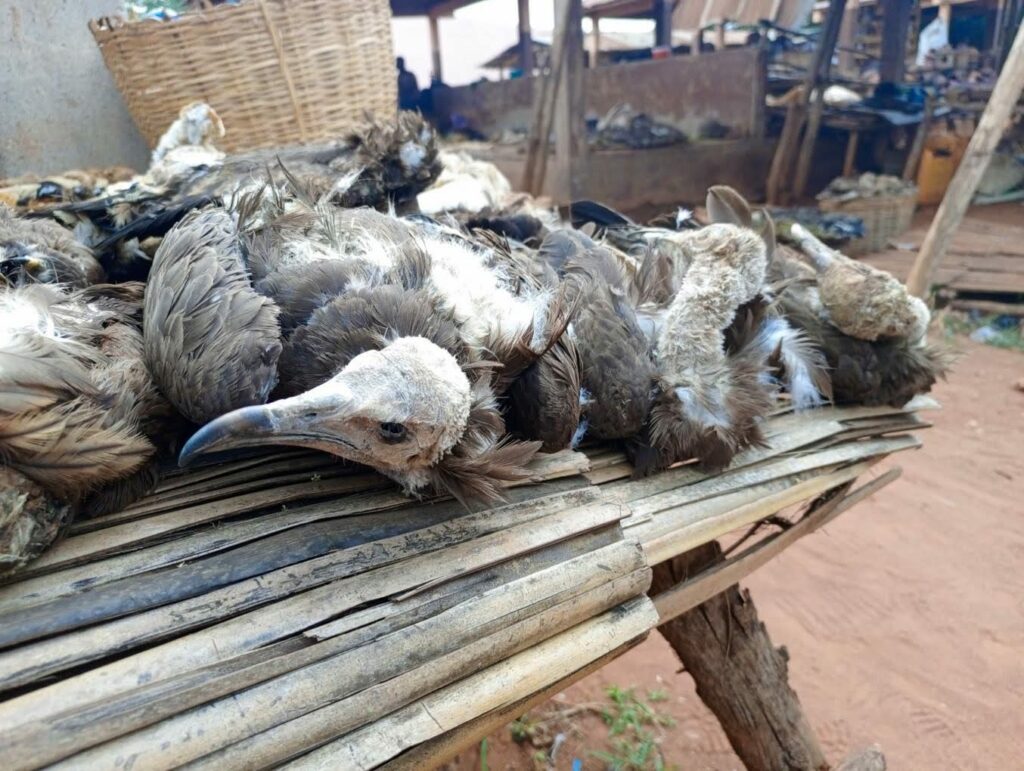
In 2023, Abiola conducted surveys of fetish markets and counted over 500 Hooded Vultures being traded in just four months. While many were dried carcasses, 49 were live vultures, and the price of these vultures was sometimes as much as a month’s wage in Benin.
Abiola’s findings highlight the massive scale of the trade and the economic drivers behind it. In order to meet this large demand for vultures, it has become apparent that in some cities in West Africa, vultures are also being poisoned at abattoirs, where they gather to feed on leftover waste. This practice has led to mass killings, with vultures destined for the fetish markets.
To combat this illegal trade, Abiola stresses the need for awareness at both the point of sale and the point of origin—among vendors, hunters, and abattoir staff. “This year, we’ve conducted education sessions with nearly 200 market vendors and 18 hunters, explaining the critical role raptors play in ecosystems and the alarming decline in their populations,” he explains. “We also discuss the use of birds and other animals in traditional (or belief-based) medicines and why these practises are ineffective. In addition, we focus on educating people about the legislation protecting many of these species. Many vendors are unaware of the laws or believe they don’t apply to them. Advocacy for stronger enforcement of wildlife protection laws is essential to ensure those involved in the trade are held accountable”.

A significant challenge to conservation efforts in West Africa is the lack of resources. “I would like to be able to create a rehabilitation centre to care for raptors rescued from markets,” Abiola says. “Currently, there’s nothing like this in the region. I would also like to use GPS tracking to monitor the survival rates of released raptors, which could provide valuable insights into their recovery and conservation.”
HWI is committed to empowering local conservationists to tackle this issue directly. Since his GRRCG award, we’re proud to have continued to support Abiola’s education work through our partnership projects and look forward to future opportunities to highlight this critical conservation opportunity.
This blog was written by Dr. Meg Murgatroyd, HWI’s Associate Director of African and Asian Programs. You can learn more about Meg here.
First photo by Lin-Ernni Mikégraba Kaboumba
